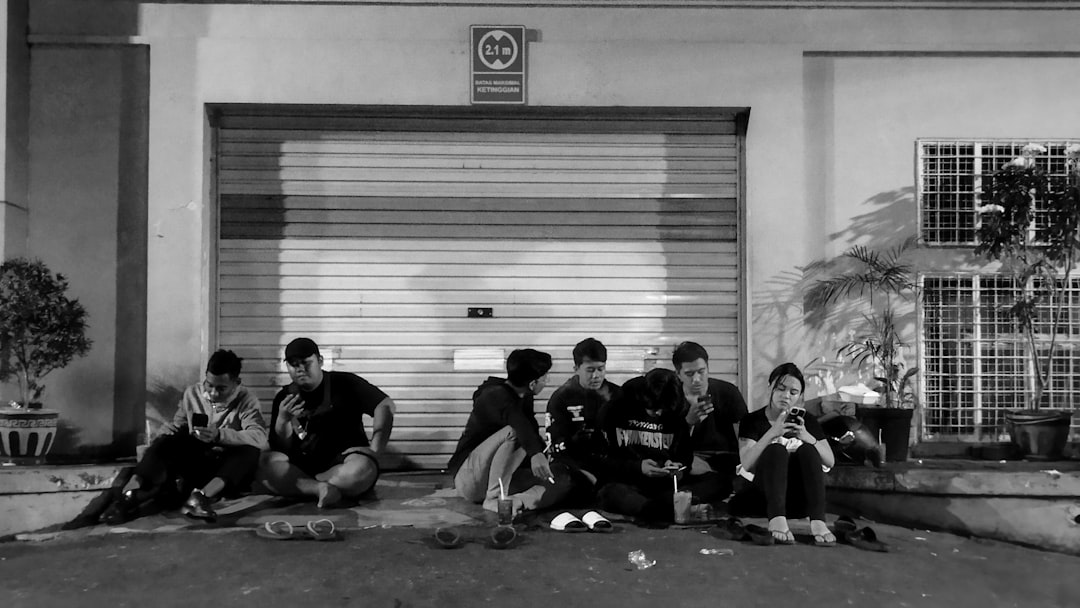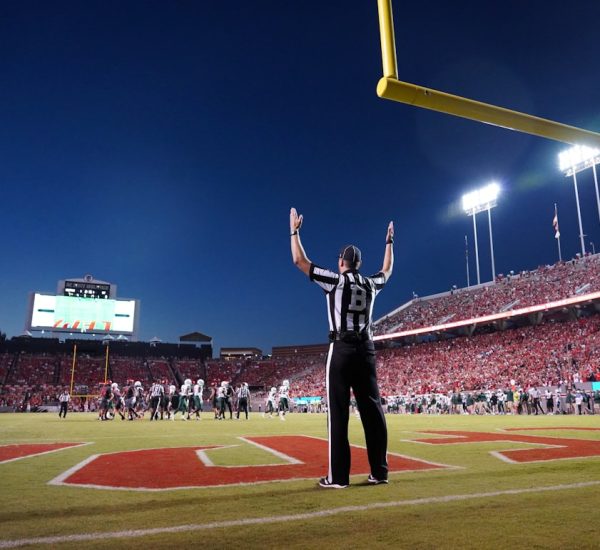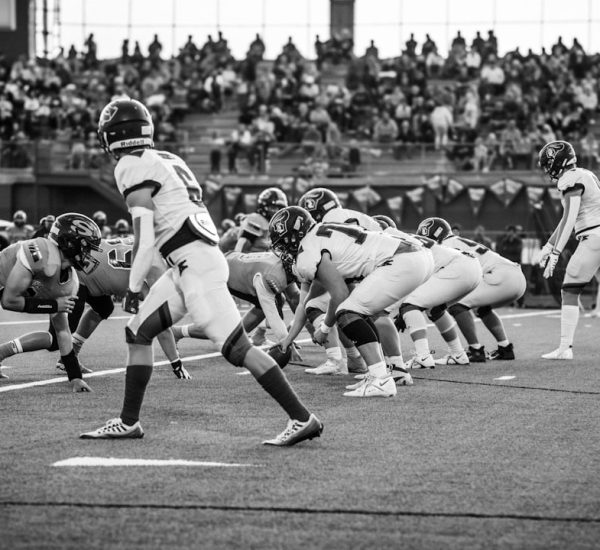When comparing private school soccer to public school soccer, there are several factors to consider, including resources, coaching quality, competition level, and player development. While private schools often have advantages in certain areas, public schools have their own strengths that make the competition between the two systems unique.
Resources and Facilities
One of the main advantages private schools have is their access to superior facilities and equipment. Many private schools invest heavily in their athletic programs, providing their teams with well-maintained soccer fields, gym facilities, and high-quality gear. These resources can have a direct impact on a player’s ability to train effectively and perform at a high level.
Public schools, on the other hand, often face budget constraints that limit their investment in athletics. While some public schools have excellent sports programs, others struggle with outdated equipment and less-than-ideal playing conditions. This resource disparity can sometimes put public school teams at a disadvantage.
Coaching and Player Development
Coaching quality is another major factor that differentiates private and public school soccer programs. Private schools frequently have the resources to hire experienced and highly qualified coaches, some of whom may have played or coached at professional or collegiate levels. These coaches can provide specialized training, advanced tactics, and better overall player development.
Public school soccer programs, however, often rely on coaches who are also full-time teachers, which can sometimes limit their ability to focus entirely on developing their players. Nevertheless, many public school coaches are passionate about the sport and can be just as effective, depending on their experience and dedication.
Level of Competition
Both private and public school leagues can offer high levels of competition, but the nature of that competition differs. Private schools often attract talented athletes due to scholarships and recruitment strategies. This can create highly competitive teams with players who have been training at elite levels for years.
Public schools, on the other hand, draw from a specific geographic area, meaning their talent pool is determined by the local population. While this can sometimes lead to inconsistencies in team strength, many public school teams develop strong rivalries and intense, competitive matches.

Player Opportunities and Exposure
Private school players often have more opportunities to gain exposure to college scouts and recruiters. Many private school teams compete in prominent leagues and tournaments where scouts actively seek talent. Additionally, private school students may have personal connections that help them secure tryouts or scholarships.
Public school players may not always have the same exposure, but standout athletes still have plenty of opportunities. Many successful professional soccer players have come from public school backgrounds, proving that talent and hard work can lead to success regardless of the school system.
School and Team Culture
Private school soccer teams sometimes foster a more disciplined and structured sporting culture because students are often expected to maintain high academic and athletic standards. The smaller class sizes in private schools can also create a tighter-knit team environment where players collaborate effectively on and off the field.
Public school teams, however, often have larger rosters and more diverse backgrounds among players, which can lead to an exciting and dynamic team culture. Playing against a variety of competitors, public school players develop adaptability that can be valuable in later stages of their careers.

Final Verdict
Determining whether private school soccer is stronger than public school soccer depends on various factors. Private schools tend to have better facilities, coaching, and exposure, but public schools often foster resilience, adaptability, and competitive spirit among players.
Ultimately, individual talent, hard work, and dedication are the most important aspects of a player’s growth, regardless of whether they play for a private or public school. Exceptional athletes can emerge from both systems and go on to achieve great success in soccer.
FAQ
- Do private school teams always perform better than public school teams?
Not necessarily. While private schools often have advantages in resources, coaching, and exposure, many public school teams are highly competitive and capable of outperforming private school teams. - Are private school players more likely to get recruited by colleges?
Private school players may have more exposure to scouts due to higher-profile tournaments and networking opportunities, but public school players can also be recruited if they demonstrate outstanding talent and commitment. - Which type of school soccer program is better for player development?
This depends on the quality of coaching and competition in the specific programs. Some private schools offer elite-level training, while certain public school programs have produced top-tier soccer talent. - Can a student transfer from public school to private school for soccer?
Yes, many private schools offer scholarships or financial aid for talented athletes. However, transfer regulations and eligibility requirements vary by league and state. - Are public school soccer programs undervalued?
In some cases, public school soccer programs do not receive as much recognition as private programs, but many public school teams still compete at high levels and produce exceptional players.



